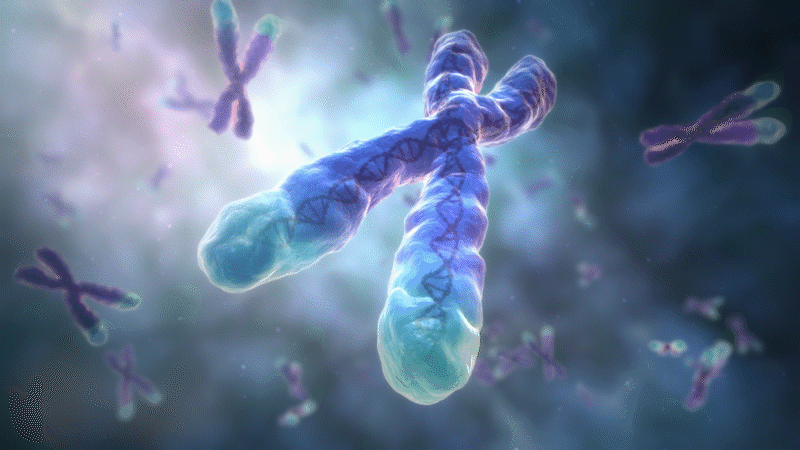https://www.nature.c...87-021-00040-8
Mice again unfortunately, but still very interesting, and another point to Telomere length as being a significant factor in age related disease.
Accumulation of short telomeres is a hallmark of aging. Mutations in telomerase or telomere-binding proteins lead to telomere shortening or dysfunction and are at the origin of human pathologies known as ‘telomere syndromes’, which are characterized by loss of the regenerative capacity of tissues and fibrotic pathologies. Here, we generated two mouse models of kidney fibrosis, either by combining telomerase deficiency to induce telomere shortening and a low dose of folic acid, or by conditionally deleting Trf1, a component of the shelterin telomere protective complex, from the kidneys. We find that short telomeres sensitize the kidneys to develop fibrosis in response to folic acid and exacerbate the epithelial-to-mesenchymal transition (EMT) program. Trf1 deletion in kidneys led to fibrosis and EMT activation. Our findings suggest that telomere shortening or dysfunction may contribute to pathological, age-associated renal fibrosis by influencing the EMT program.
















































